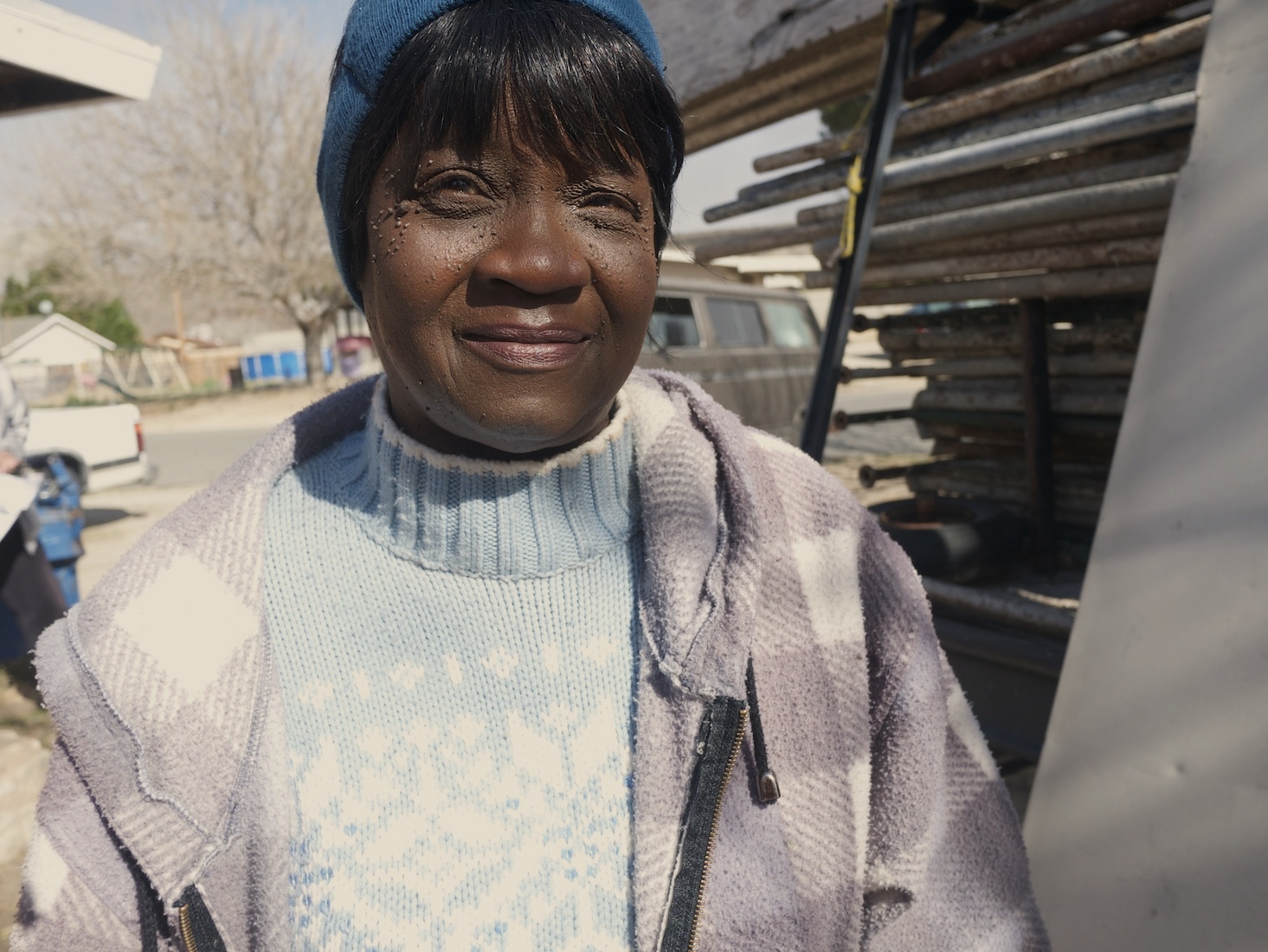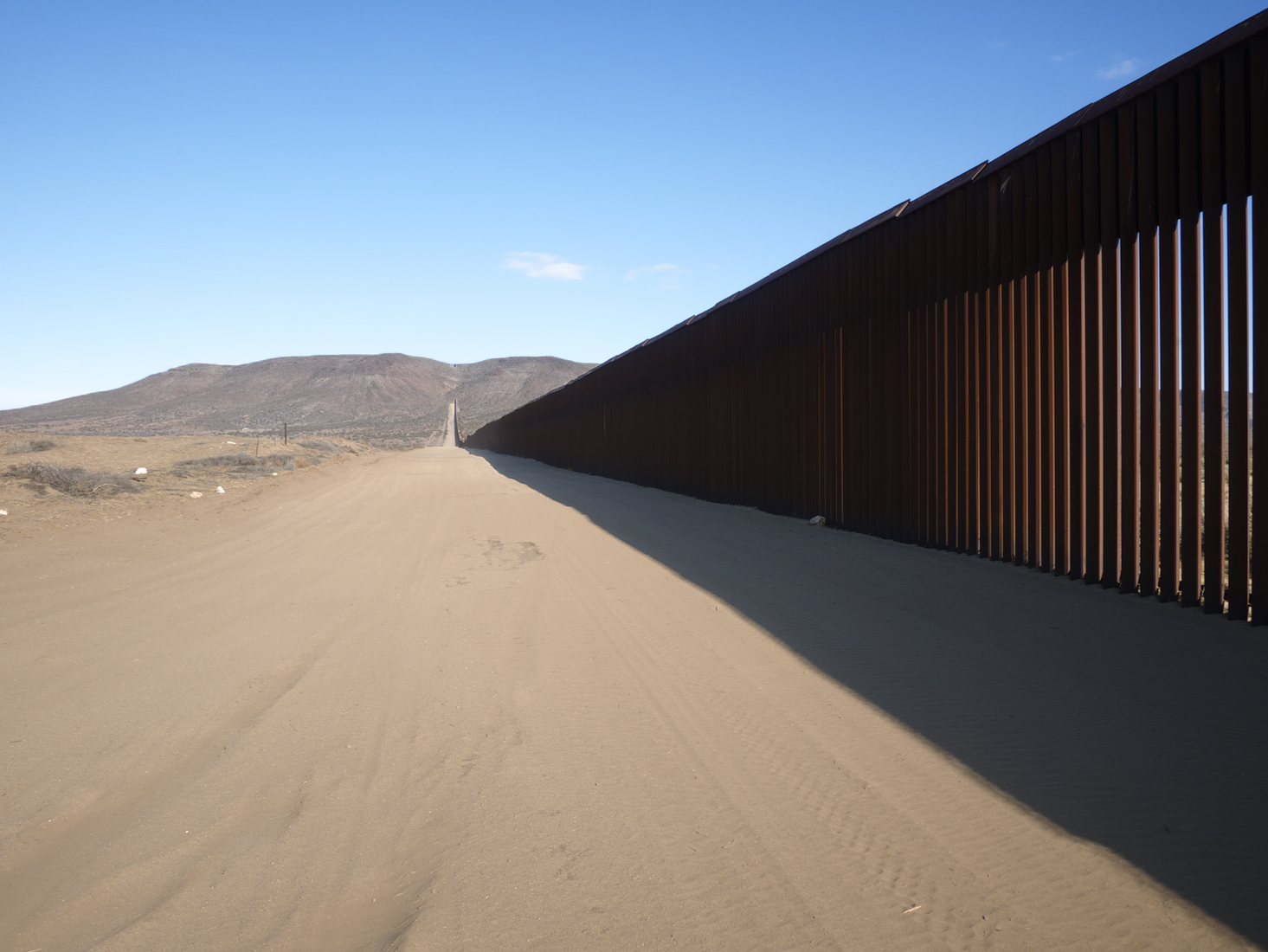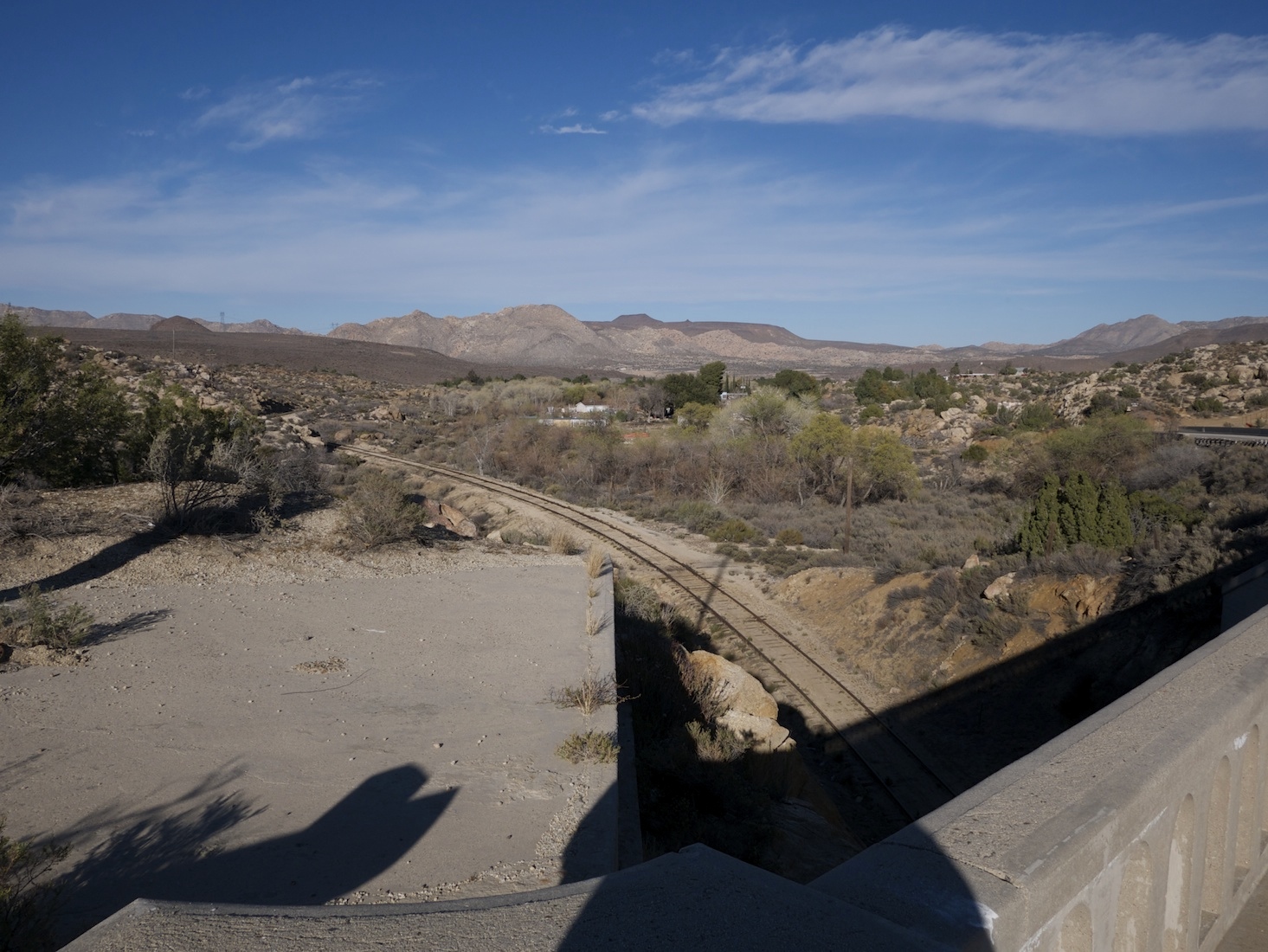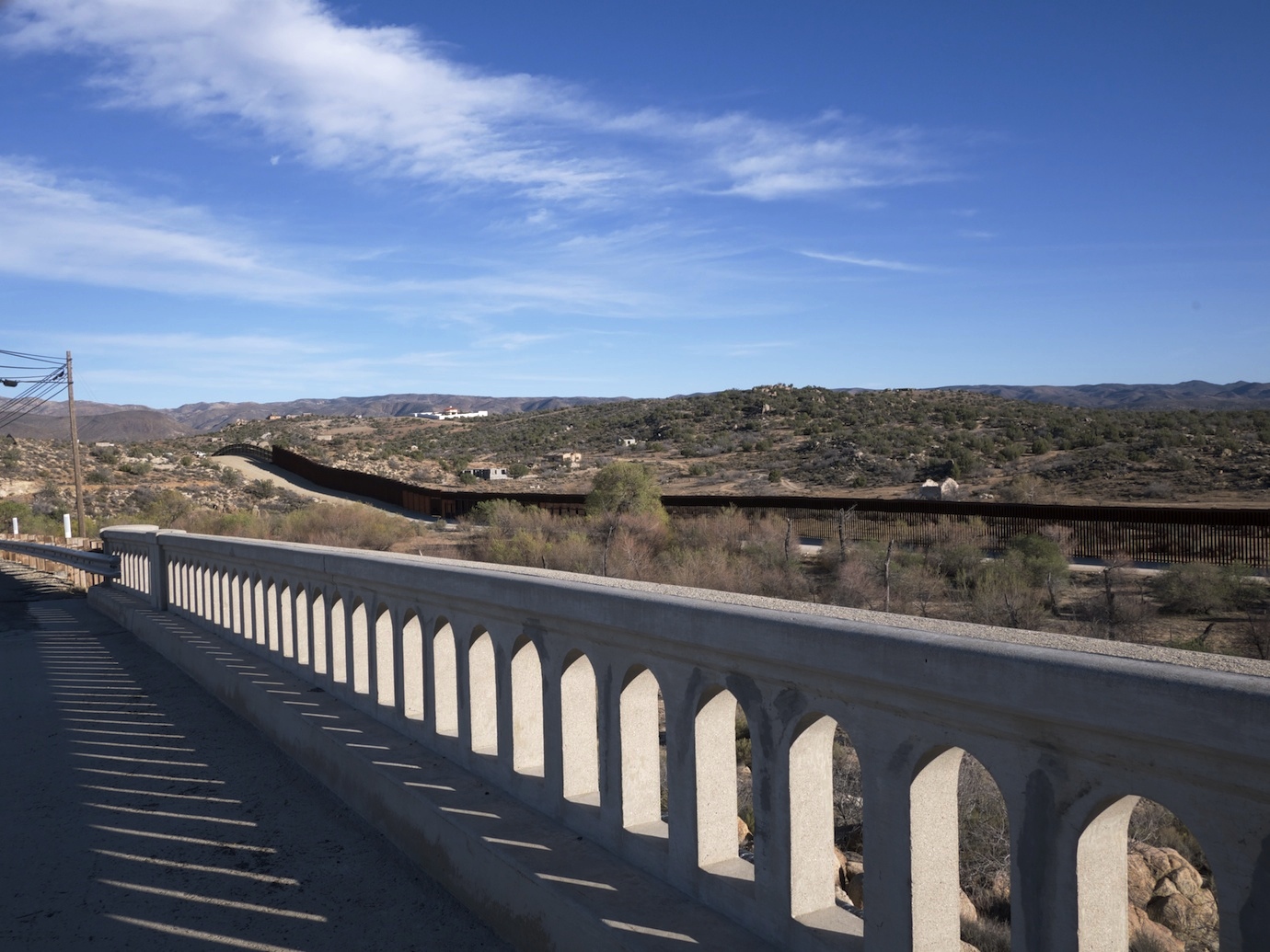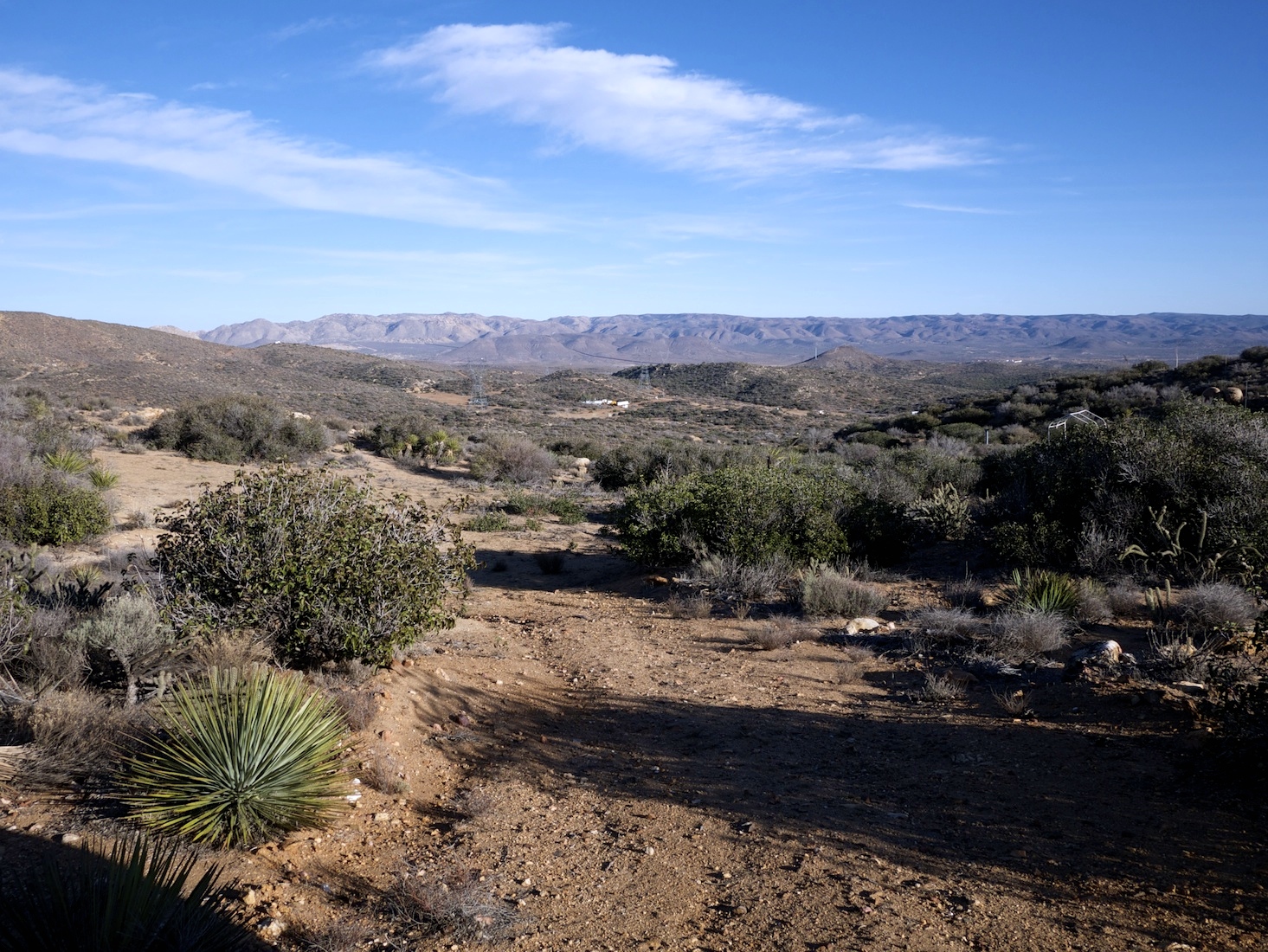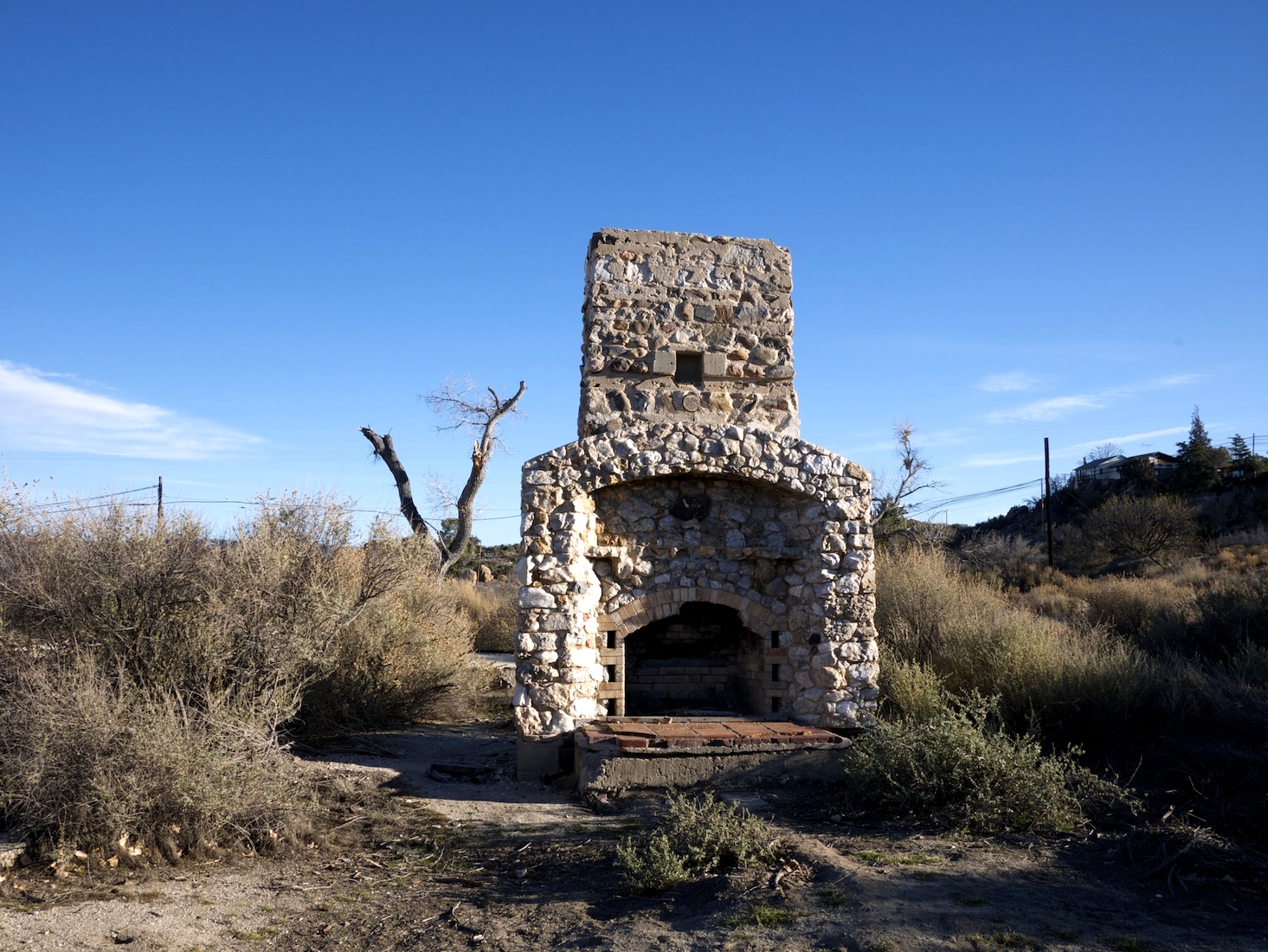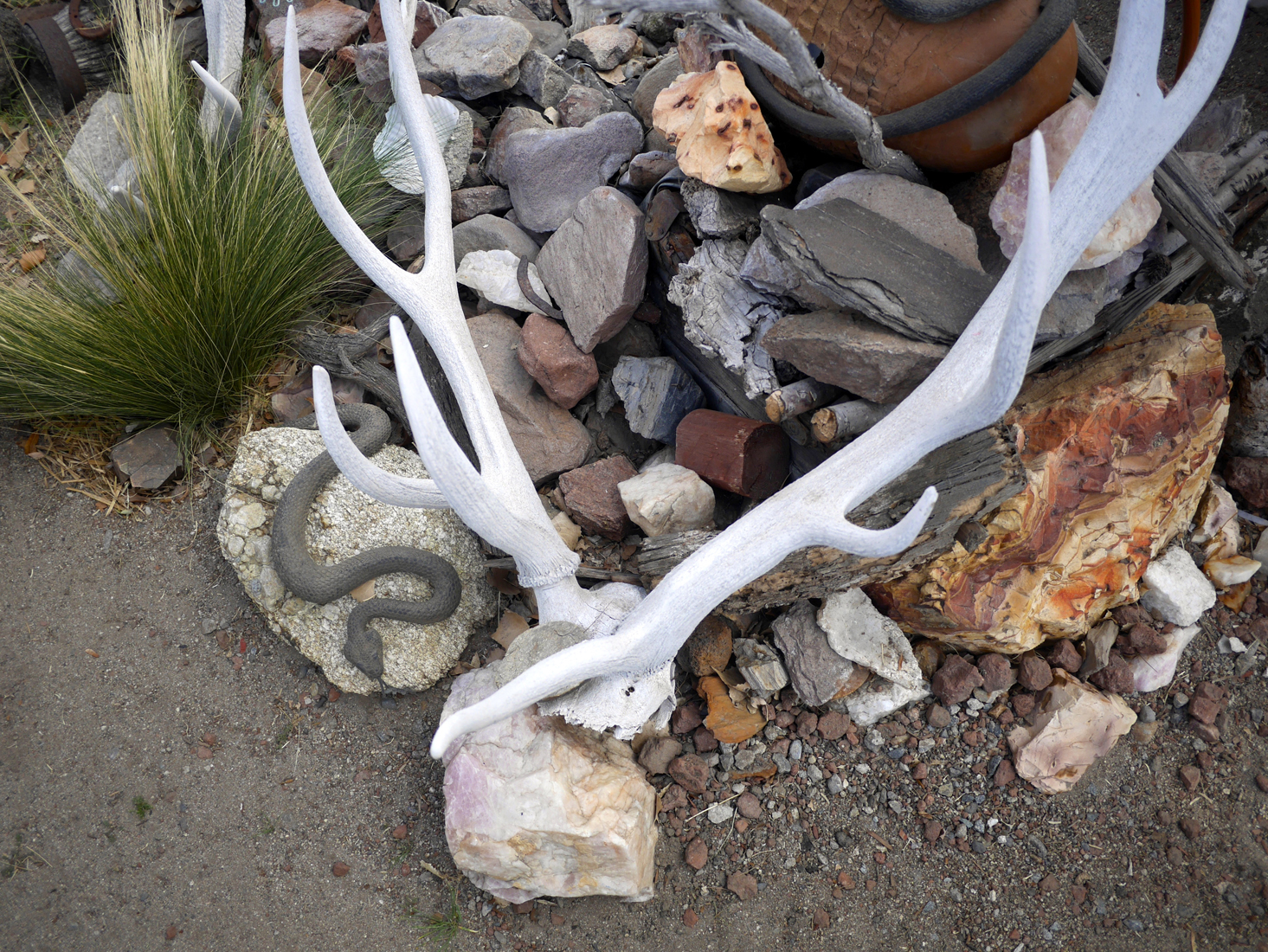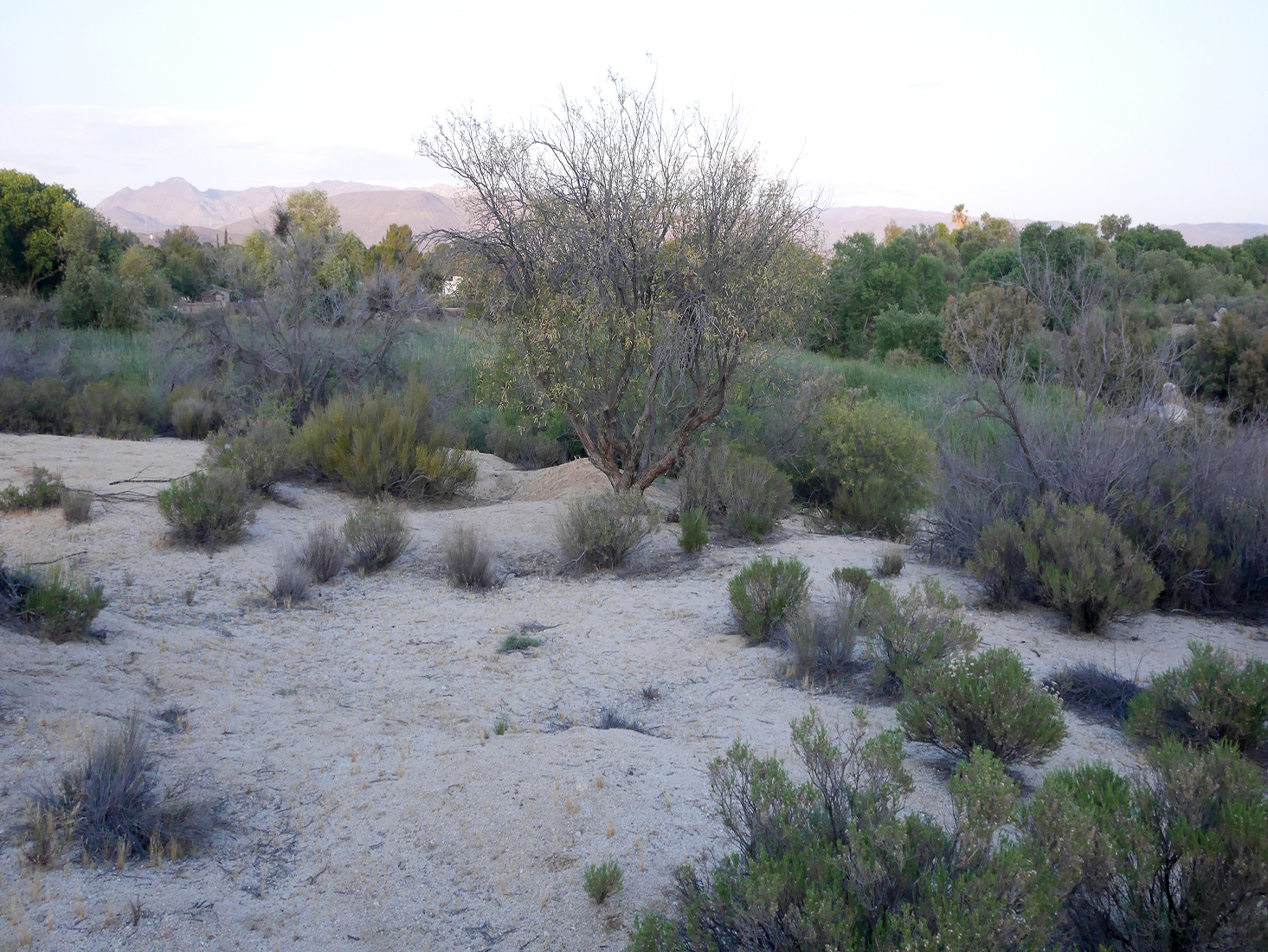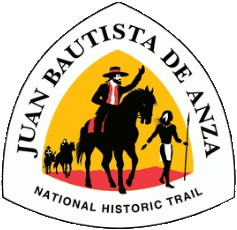Photo Gallery
Modern Stories Along the Anza Trail
Sammie: Homemaker
Listen to an interview with Sammie
Interview Text
Interviewer: Your, your full name is?
Sammie: Lopshire, Sammie Lopshire
Interviewer: Sammie, and how do you spell that?
Sammie: S-a-m-m-i-e
Interviewer: And, Sammie, you live… In what town do you live? Do you live here in Jacumba?
Sammie: Jacumba, yes.
Interviewer: And, how long have you lived here?
Sammie: Since 1968.
Interviewer: What, what, what drew you to this area?
Sammie: Well, my ex, which is deceased, he got a job working for the railroad. It was Southern Pacific. He went to work there, and I came from Texas, out here, to be with him… after he got the job.
Interviewer: What part of Texas were you living in?
Interviewer: Austin?
Sammie: Hmm hmm.
Interviewer: Uh, how long ago was that?
Sammie: Since 1968! (laughter)
Interviewer: ’68?
Interviewer: Now, was your husband African-American also?
Sammie: Yes. Hmm hmm.
Interviewer: When did he pass?
Interviewer: When you came here, what was your first impression?
Sammie: It was just, you know, quiet, quiet little town. Nice, but quiet.
Interviewer: And when you and he moved here, did you bring kids with you? Did you have children?
Sammie: I had three little boys, three. (laughter)
Interviewer: And so they grow up here in Jacumba?
Sammie: Oh yeah, umm hmm.
Interviewer: What was it like to be, um, well… Were you the only African-American family here in ’68?
Sammie: I don’t think so. There was quite a few other black people. There was Lou and Jake. They lived… we lived, well, when we first came, he was living back there by the railroad track. Cause they had train coaches.
Interviewer: So, you actually lived, you lived in the train coach?
Sammie: Yeah, umm hmm, when I came, yeah.
Interviewer: And is this way up Railroad Street where the old station is?
Sammie: Yeah. Straight up Railroad. Yeah.
Interviewer: Were you a stay at home mom?
Sammie: Oh yeah, (laughter). There’s hardly any placed around here to work. Yeah, I stayed at home… and he went to work. Uh huh. And I was pregnant when I got here, so… (laughter), so my oldest daughter was born in El Centro.
Interviewer: Was there a doctor here at that time?
Sammie: No. Not that I know of. Not that could deliver babies.
Interviewer: So, there were no banks here.
Interviewer: Was there a market? Was there just the one market?… Or was there…
Sammie: There was the Jacumba Hotel, a big hotel that burned down; it burned down.
Interviewer: Uh hunh.
Sammie: That, well, and then, uh, next door, there was a pharmacy. We had a little pharmacy. And, we had a liquor store, and we had a Anderson’s Market across the street. A little market. And then later on, they had like a little market where the regular store is now.
Interviewer: Were there a number of people who worked here for the railroad?
Sammie: Oh yeah.
Interviewer: When you look at the town…
Sammie: Hmm…
Interviewer: …at Jacumba, in 2014, as opposed to when you first came here in 1968, how would you characterize how it’s changed, or has it changed any?
Sammie: Well, uh, it’s changed quite a bit.
